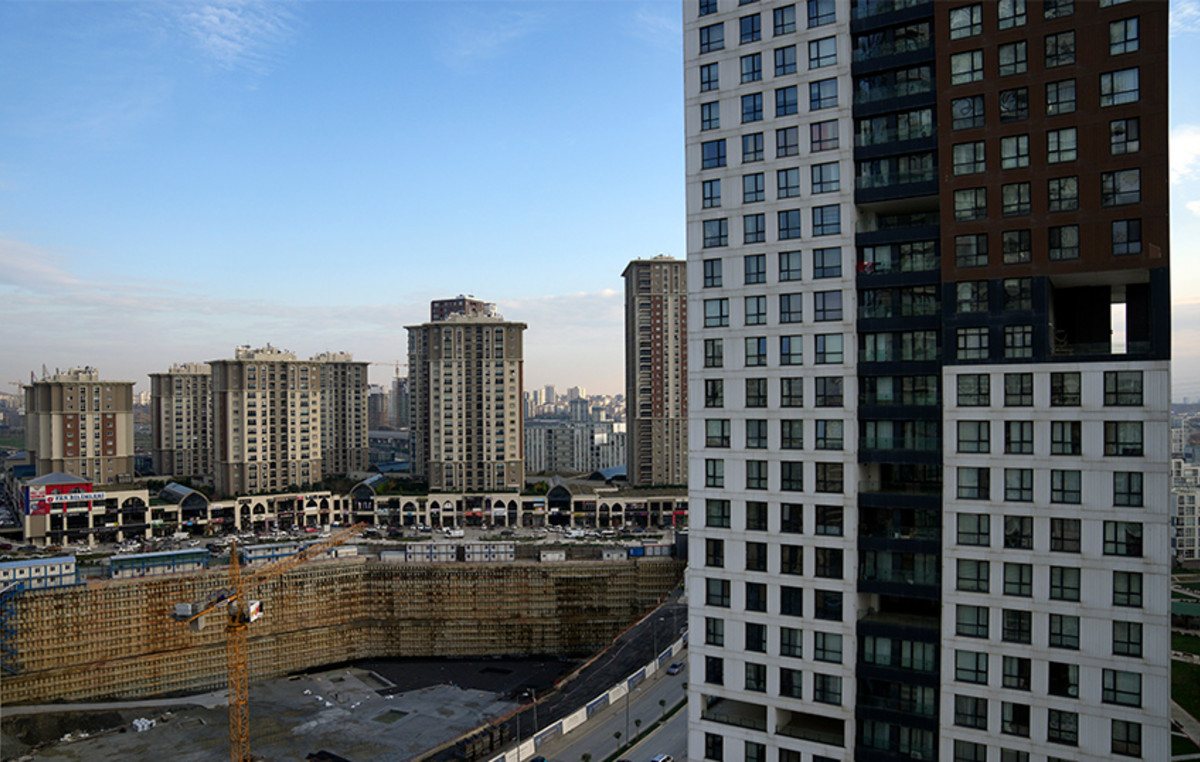Its purpose is neither to “rule”, nor to “dominate”, nor to impose a new “occupation” on the Gaza Strip, the Israeli prime minister said Benjamin Netanyahu yesterday Thursday during an interview with the American television network Fox News. At the same time, he assured that the army of his country is progressing “extremely well” in the war against Hamas.
“I think the Israeli army is doing extremely well,” Mr. Netanyahu said, referring to “the fight against terrorists on the ground and underground.” “We will continue until the elimination of Hamas” and “nothing will stop us,” he insisted.
“I set the goals, but I didn’t set a timetable because it might take longer,” he continued. “I would like it to take some time. But we’re going step by step, reducing our casualties and trying to minimize civilian casualties and maximize terrorist casualties, and so far I think everything is going well,” he said.
The war broke out as Israel was in the process of rapprochement with Saudi Arabia. In Mr. Netanyahu’s view, the armed conflict has not torpedoed the diplomatic momentum and he predicted that the conditions will be “ripe” for the resumption of talks after Hamas is “destroyed”.
“I believe that the conditions will be met. In fact, after we win, I believe they will be even more mature”, he argued, as reported by international agencies and relayed by the Athens Agency.
“What we will not accept is a ceasefire. A cease-fire with Hamas would mean a surrender” and “there won’t be one” without the release of the hostages, the Israeli prime minister also said, answering a question about his talks with US President Joe Biden.
“But we agreed to create safe corridors” for civilians to cross from the northern to the southern part of the Gaza Strip, he added.
He tried to play down the impression made after statements he made days ago, assuring that his government has no intention of imposing a long-term occupation of the Gaza Strip.
“We do not seek to rule in Gaza. We do not seek to understand it, to impose occupation, but for it to obtain, like us, a better future”, he said. He added that he has no intention of “displacing anyone”, refuting scenarios of eviction of the enclave’s population.
Asked what is his plan for the future of the Gaza Stripstressed that a “reliable” force will be needed in the Palestinian enclave after the war with the Palestinian Islamist movement is over, to prevent dangers to his country, to prevent, as he put it, an attack like that of October 7, the deadliest from payment of the Jewish state in 1948.
According to the Israeli prime minister, the Palestinian enclave should be “demilitarized”, “de-radicalized” and “reconstructed”.
“We need to find a government, a political government that will be there,” he said, without clarifying who he thinks should form it. He insisted that “we will need a credible force that, if necessary, will go into Gaza and kill the killers. Because this will prevent the re-emergence of any entity like Hamas.”
Earlier this week, the Israeli prime minister’s statement that his country would assume “overall responsibility for security” in the Palestinian enclave “indefinitely” prompted a US backlash. A State Department spokesman said “we do not support the imposition of new occupation” by Israel in the Gaza Strip.
American officials believe that it is the Palestinian Authority that should take over the governance of the Gaza Strip after the war.
Hamas beat Fatah in the elections of Palestinian Authority President Mahmoud Abbas before expelling its forces from the Gaza Strip in 2007.
Palestinian officials, including Mr. Abbas, stress that for the Palestinian Authority to return to the Gaza Strip, there must be a broader Middle East solution.
The prime minister of Mr Abbas’s government, Mohammed Stageh, told US broadcaster PBS this week that the Palestinian Authority had no intention of returning to the Gaza Strip “on an Israeli tank”.
THE war in the Gaza Strip erupted on October 7, following an unprecedented attack by Hamas against Israel that killed 1,400 people, the vast majority of them civilians, according to Israeli authorities. In Israel’s retaliatory operations, whose political and military leadership means to “annihilate” Hamas, at least 10,800 people have been killed, also the vast majority of them civilians, according to the Hamas Health Ministry.
Source: News Beast
With 6 years of experience, I bring to the table captivating and informative writing in the world news category. My expertise covers a range of industries, including tourism, technology, forex and stocks. From brief social media posts to in-depth articles, I am dedicated to creating compelling content for various platforms.







